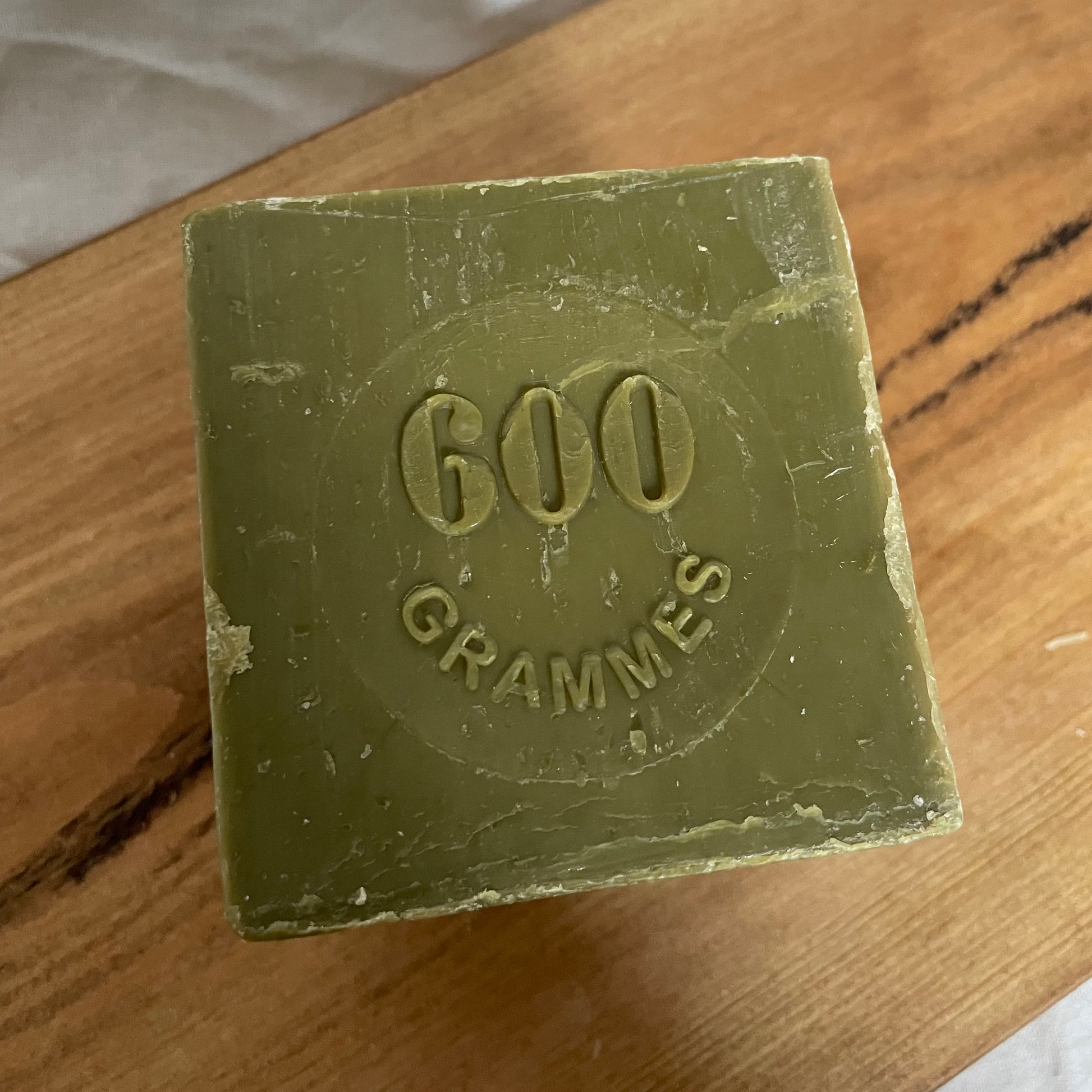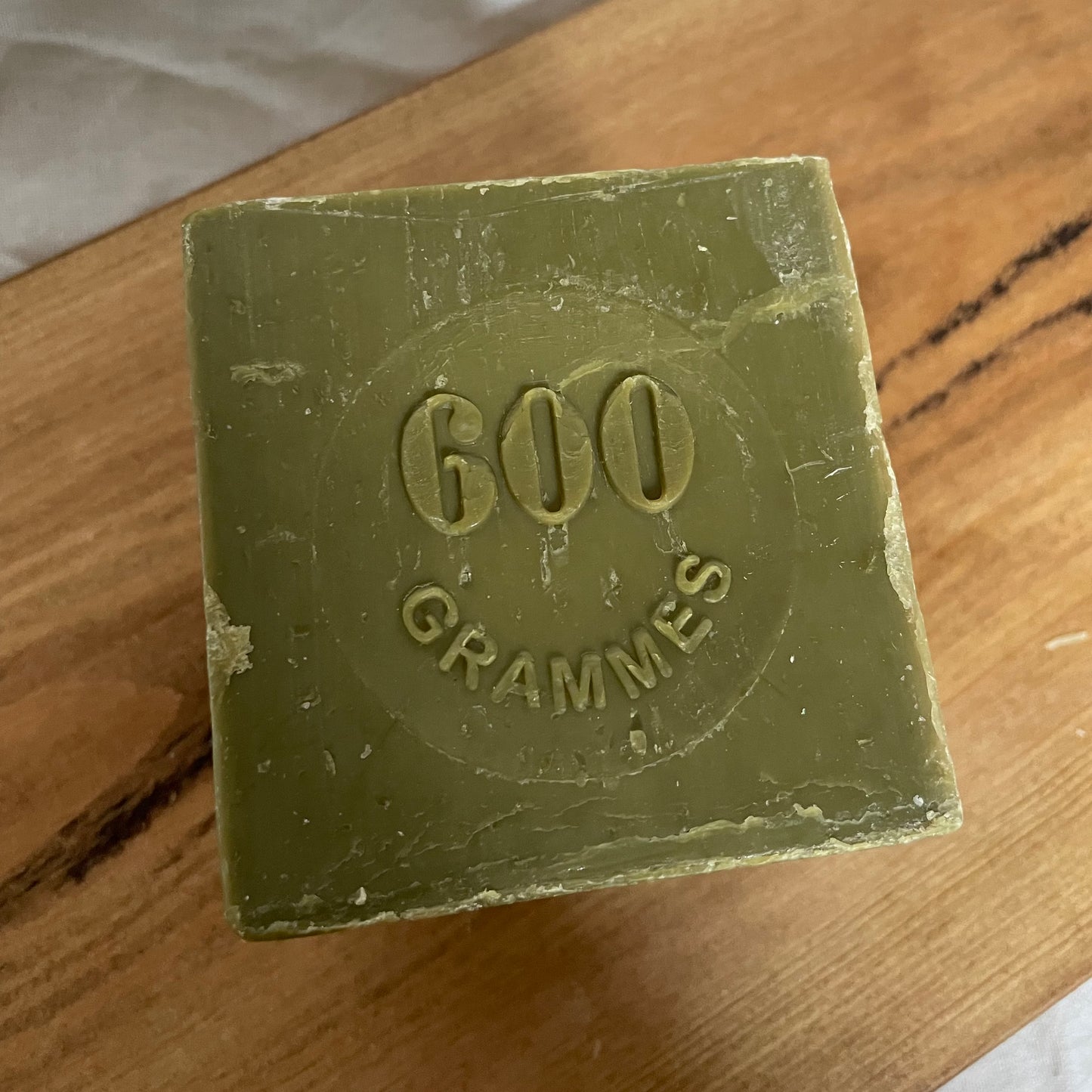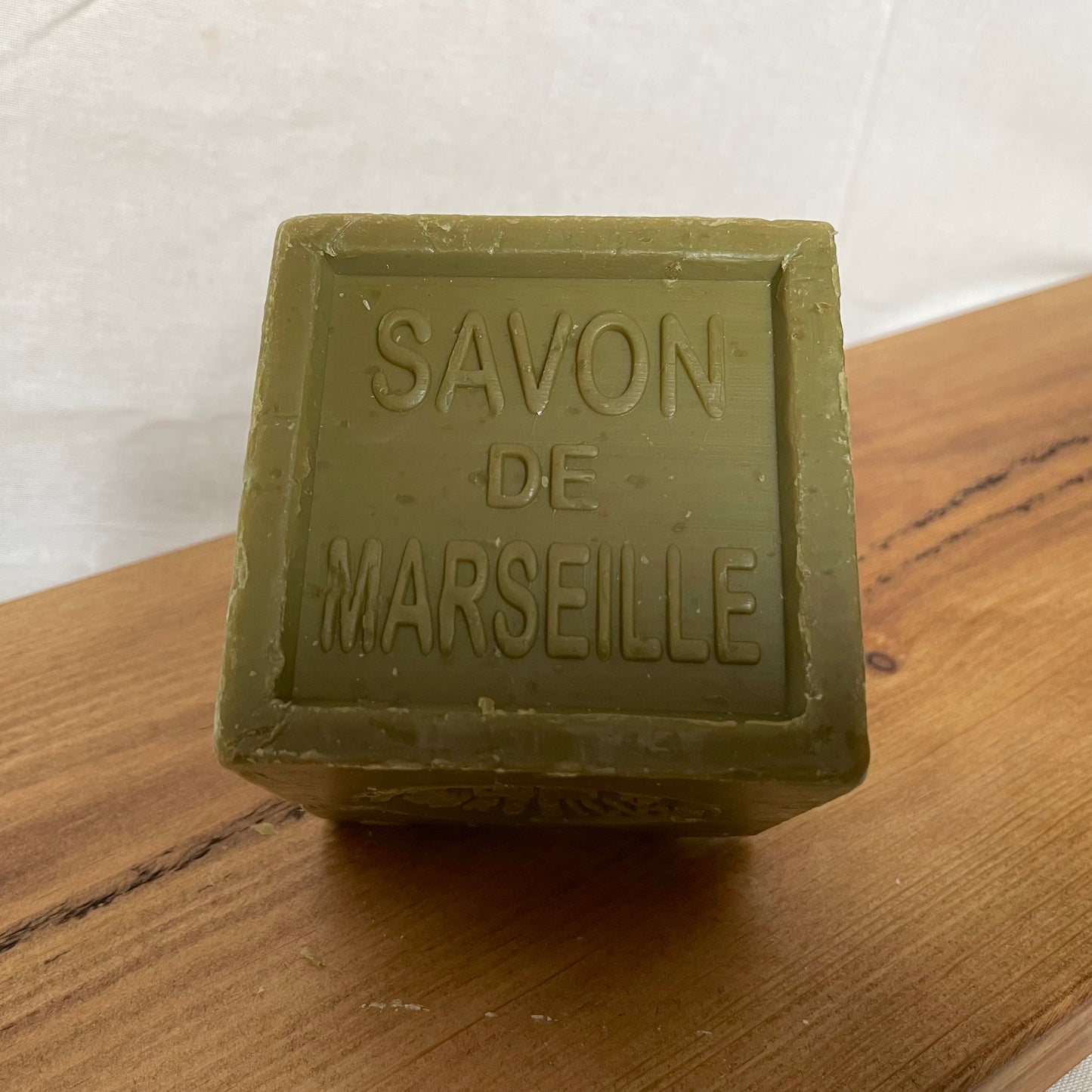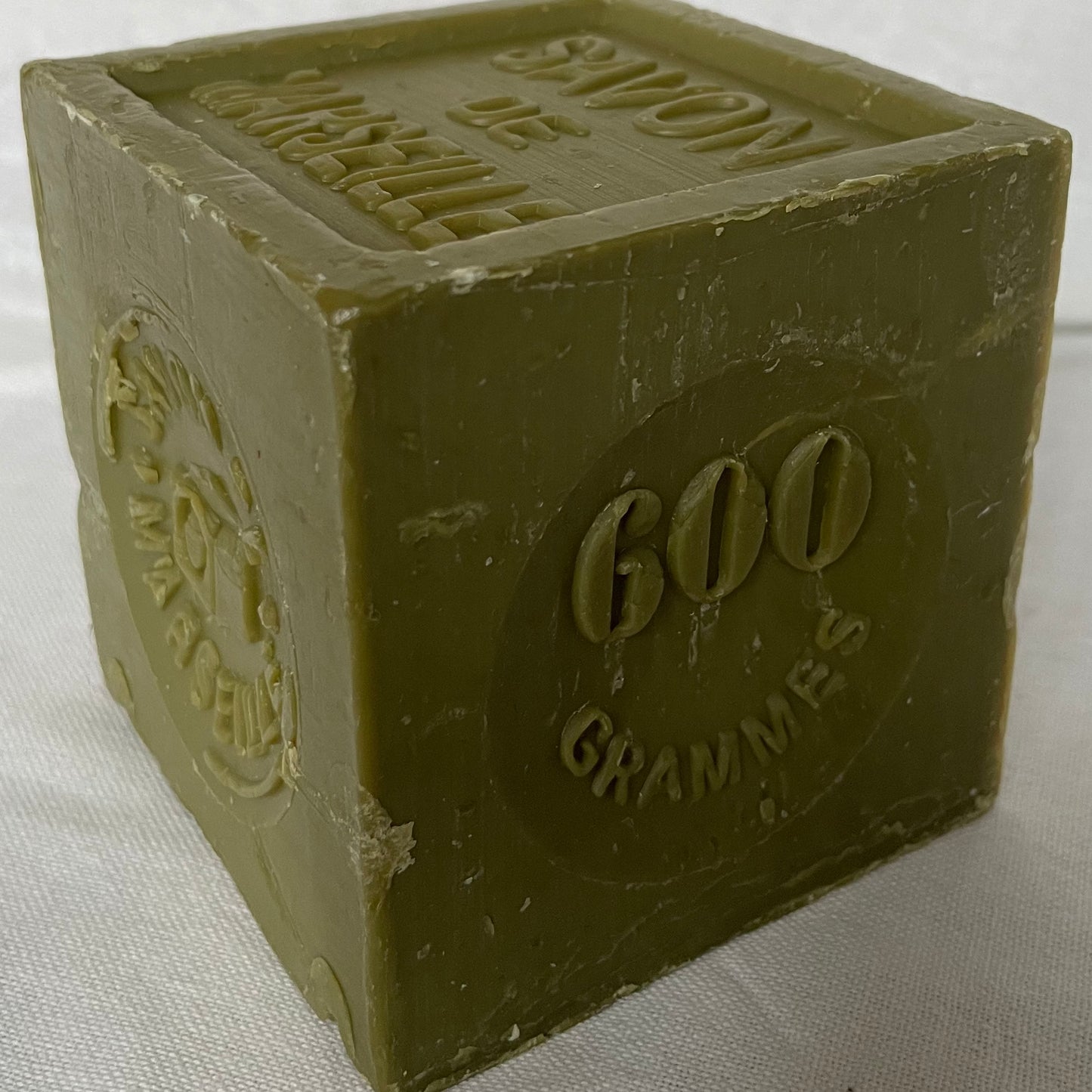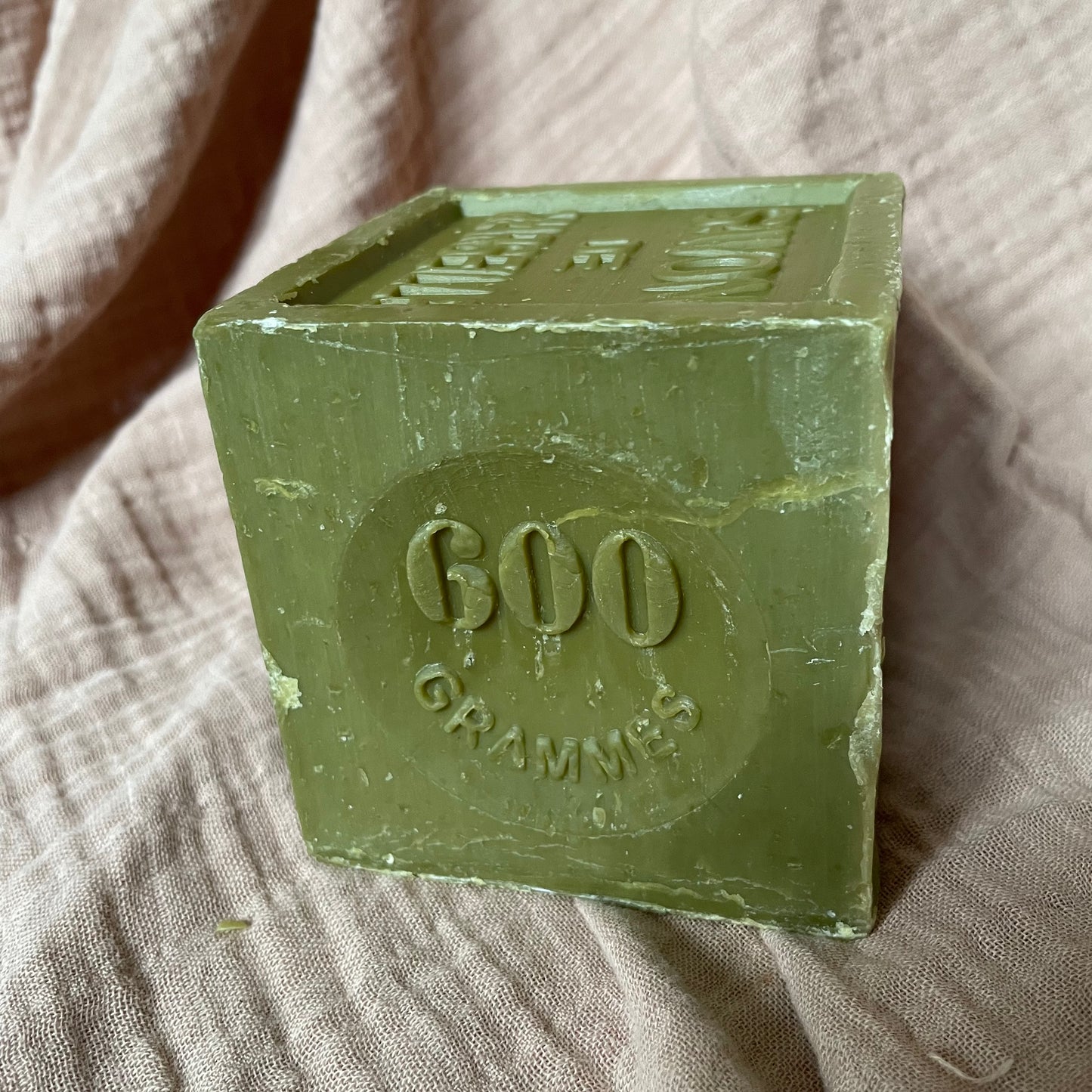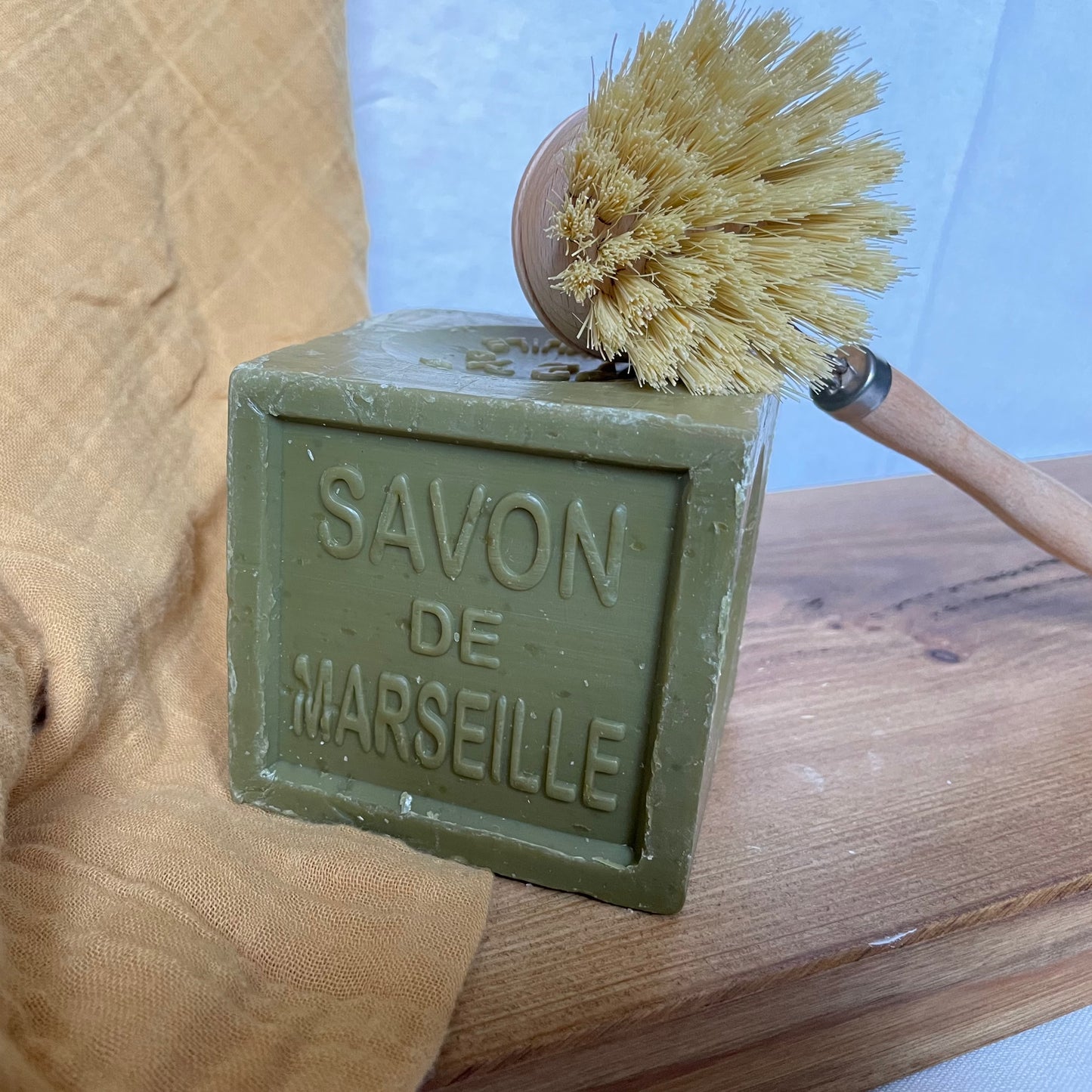As we, rightly, become more environmentally conscious, the search for sustainable household products has become a priority for many. One such product that has stood the test of time is the iconic Savon de Marseille. This traditional French soap is revered for its eco-friendly properties, wellness benefits, and rich history.
In this article, we will delve into what makes Savon de Marseille a sustainable choice for your home.
The History of Savon de Marseille
The history of Savon de Marseille dates back to the 6th century, with the iconic soap having strong ties to the Mediterranean region. Knowledge about soap production was likely introduced in Europe by the Arabian peoples through trade and cultural exchanges, paving the way for the development of this unique product.
Origins of the Iconic Soap
The origins of Savon de Marseille can be traced back to the city of Marseille in southern France, a bustling port city with a rich history. Marseille quickly became a hub for soap production in the 16th century, and its natural resources and strategic location made it the perfect place for soap makers to set up shop.
One of the key ingredients in Savon de Marseille is olive oil, which was readily available in the region. Soap makers would mix olive oil with ash from local plants and sea salt to create a simple, yet effective soap that was gentle on the skin and eco-friendly.
From Marseille, the popularity of this sustainable soap spread across France and beyond. In fact, by the 19th century, Savon de Marseille was being exported to countries all over the world, including the United States and Australia.
Protected Status
Over the centuries, Savon de Marseille has become synonymous with quality and tradition. It was even granted protected status in the 17th century by King Louis XIV, ensuring its production methods and ingredients would remain untouched.
Today, the traditional recipe for Savon de Marseille is still protected by French law, and only soaps made using specific methods and ingredients can be labeled as such. This ensures that the soap's integrity remains intact and that consumers can trust that they are purchasing an authentic Savon de Marseille.
Traditional Production Methods
The traditional production methods of Savon de Marseille have remained largely unchanged for over 600 years. Using local ingredients and time-honored techniques, soap makers continue to produce these eco-friendly bars to this day.
First, the soap makers mix olive oil, water, and soda ash in large vats, creating a thick, creamy mixture. This mixture is then boiled for several hours, during which time it transforms into soap.
Once the soap has reached the desired consistency, it is poured into large molds and left to cool and harden. After a few days, the soap is cut into bars and left to dry for several weeks.
Traditional Savon de Marseille soaps are marked with stamps or inscriptions, indicating their authenticity and heritage. Today, the "Savon de Marseille" label is a shining example of French craftsmanship and time-honored dedication to quality and sustainability.
So next time you reach for a bar of soap, consider trying Savon de Marseille. Not only is it eco-friendly and gentle on the skin, but it also has a rich history and tradition that is worth preserving.
Ingredients and Production Process
Savon de Marseille is known for its use of natural, sustainable ingredients and traditional production processes. What makes it stand apart from other soaps is its minimal, eco-friendly recipe and its reliance on local resources. But what exactly goes into this iconic soap, and how is it made? Let's take a closer look.
Natural and Sustainable Ingredients
At the heart of Savon de Marseille soap is a simple, time-tested recipe that prioritises natural ingredients. The primary ingredients found in the soap are vegetable oils, specifically olive oil, water, and sodium hydroxide. These ingredients are combined with great care, forming a sustainable and eco-friendly product that has endeared Savon de Marseille to generations of users.
Olive oil, a renewable resource, is ideal for use in eco-friendly products, as it has minimal negative impact on the environment. The use of vegetable oils in place of animal fats also makes Savon de Marseille a cruelty-free and vegan product. In addition to olive oil, other vegetable oils such as palm oil and coconut oil may be used in the soap-making process. These oils are carefully selected for their sustainability and their ability to create a high-quality soap.
The Role of Local Resources
Another key factor in the sustainability of Savon de Marseille is its reliance on local resources. By sourcing ingredients from the surrounding areas, the environmental impact of transporting goods is drastically reduced, promoting sustainability and local economies. The olive oil used in Savon de Marseille, for example, is sourced from the region of Provence, where olive trees have been cultivated for centuries.
The water used in Savon de Marseille production is drawn from the Mediterranean Sea, adding to the soap's distinctive character and strong connection to the region. Additionally, the natural properties of Mediterranean seawater have been known to contribute to the soap's effectiveness and unique texture. The sodium hydroxide used in the soap-making process is also locally sourced, further reducing the environmental impact of production.
Traditional Manufacturing Techniques
The traditional production methods for Savon de Marseille have been strictly followed for centuries, and they contribute to the soap's sustainable nature. Soapmakers use a cauldron to cook and saponify the ingredients, ensuring consistency and quality in each batch. The process of saponification, which involves combining the oils and sodium hydroxide to create soap, is carefully monitored to ensure that the soap is of the highest quality.
Once the soap is formed, it is allowed to dry and cure naturally, with no need for unnecessary additives or preservatives. This process can take up to several weeks, but it results in a soap that is gentle on the skin and long-lasting. By adhering to these time-honored techniques, Savon de Marseille remains an eco-friendly and sustainable product that benefits the environment, as well as those who use it.
So the next time you use Savon de Marseille, take a moment to appreciate the natural, sustainable ingredients and traditional manufacturing techniques that make this soap so special.
Environmental Benefits of Savon de Marseille
In addition to its rich history and natural ingredients, Savon de Marseille offers many environmental benefits that have contributed to its enduring success.
Biodegradable and Non-Toxic
One of the fundamental reasons Savon de Marseille is considered eco-friendly is its biodegradable and non-toxic properties. With all-natural ingredients, it poses no harm to the environment when used or disposed of, making it a responsible choice for those looking to reduce their environmental impact.
Moreover, Savon de Marseille is gentle on the Earth's waterways, as it does not contain any synthetic chemicals or detergents. This means that using the soap doesn't contribute to water pollution, and it remains safe for the environment.
Minimal Packaging and Waste
Another contributing factor to the sustainable nature of Savon de Marseille is its minimal packaging. The soap is often sold in simple, recyclable paper or plastic wrapping, which helps to minimise waste and reduce the environmental impact associated with packaging materials. As a result, you can feel good about purchasing and using Savon de Marseille, knowing you are contributing to a cleaner, greener world.
Energy Efficiency in Production
The traditional methods employed by Savon de Marseille soapmakers are not only steeped in history, but also energy efficient. The techniques used in the production of the soap utilise natural processes, such as heating the ingredients in a cauldron and allowing the soap to air dry, which conserves energy and respects the environment.
In today's world, the demand for energy-efficiency is increasing, and Savon de Marseille is a prime example of how traditional processes can be both environmentally friendly and effective.
Health and Wellness Advantages
Beyond its eco-friendly characteristics and rich history, Savon de Marseille also boasts several health and wellness benefits, making it an excellent choice for your home.
Gentle on Sensitive Skin
Due to its natural ingredients and mild composition, Savon de Marseille is ideal for those with sensitive or easily irritated skin. The gentle, hydrating formula helps to calm inflammation and restore the skin's delicate balance, making it suitable for all skin types.
Furthermore, the soap's naturally high glycerin content makes it an excellent moisturiser, leaving skin soft and supple after each use. This makes Savon de Marseille a great addition to your skincare routine, as well as a gentle and eco-friendly choice for your household.
Hypoallergenic and Fragrance-Free Options
For individuals with allergies or sensitivities to fragrances, Savon de Marseille is available in hypoallergenic and fragrance-free options. These soaps cater to a wider range of skin types and allow everyone to enjoy the benefits of this traditional, eco-friendly soap without experiencing irritation or discomfort.
Antibacterial and Anti-fungal Properties
Aside from being gentle on the skin, Savon de Marseille boasts natural antibacterial and antifungal properties. These properties make the soap an excellent choice for maintaining cleanliness and hygiene in your home, as well as a sustainable alternative to chemical-laden cleaning products that can be harmful to the environment.
Savon de Marseille has multiple uses, it is a sustainable, eco-friendly option for both personal care and household cleaning.
With its rich history, natural ingredients, and numerous environmental and health benefits, it is no wonder that Savon de Marseille has stood the test of time and continues to be a popular choice in modern households worldwide.


